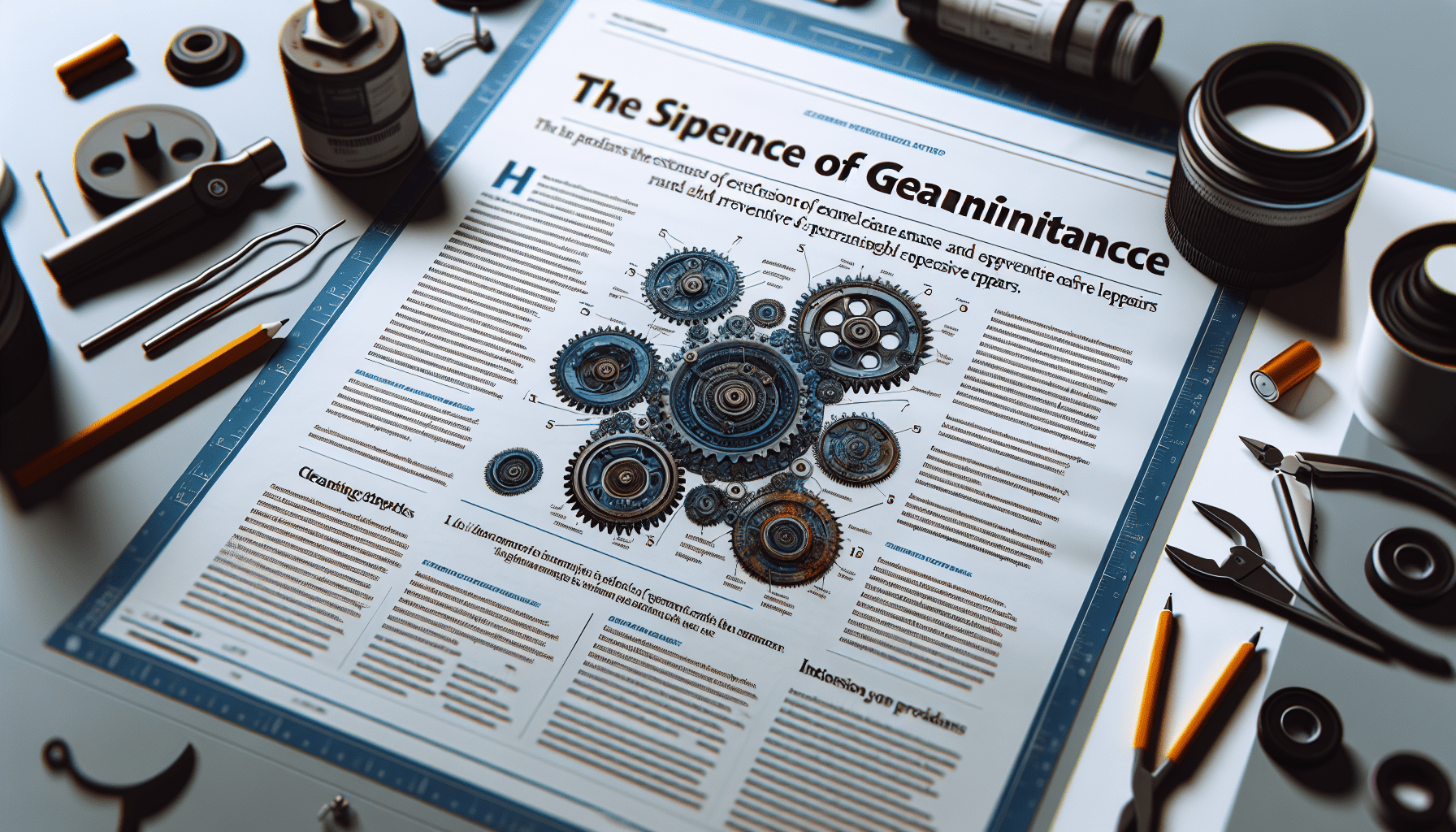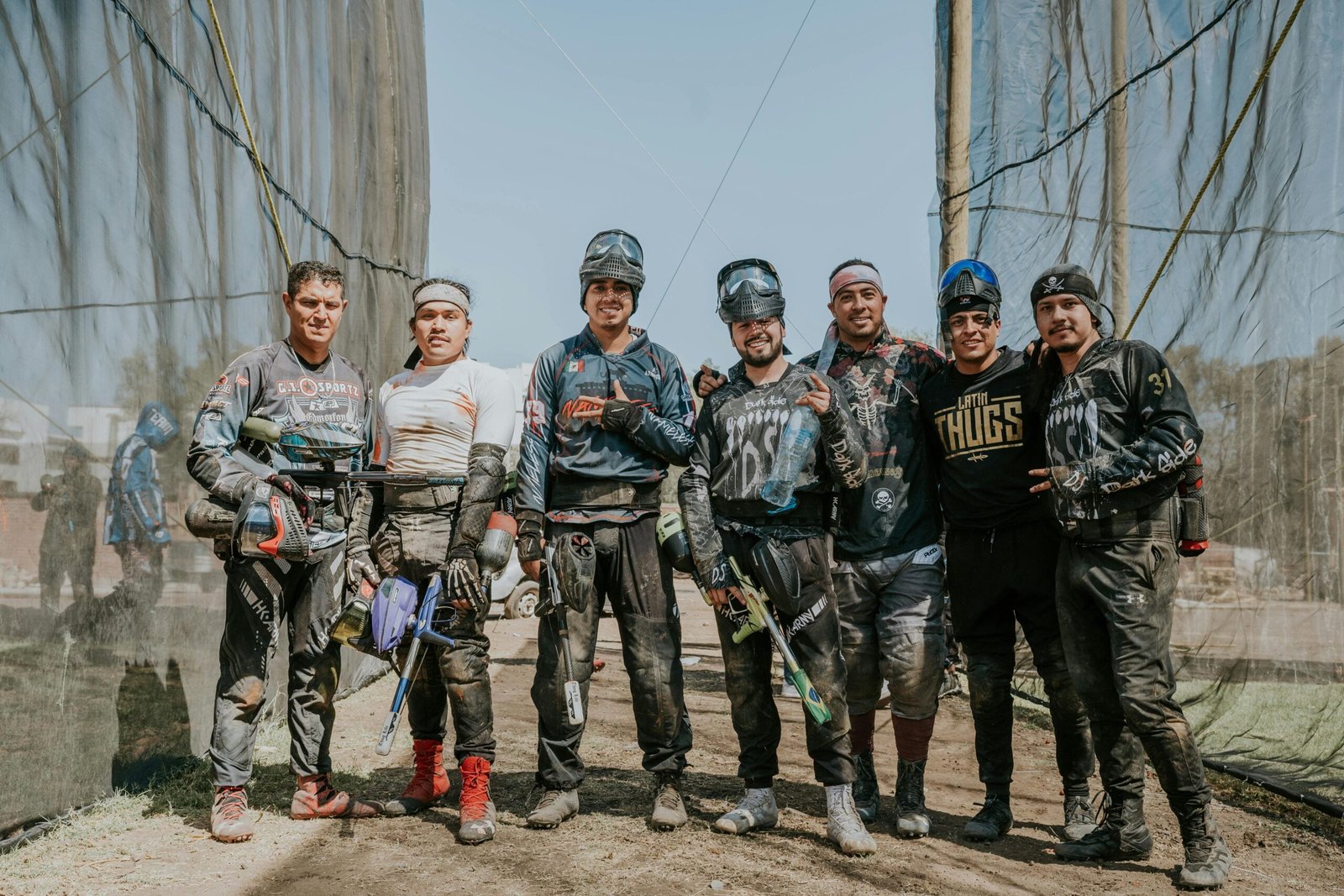Gear care is a crucial aspect of ensuring the longevity and optimal performance of your equipment. In this article, we will explore the science behind gear maintenance and why it matters so much. By understanding the impact of proper care on your gear’s functionality and durability, you will be equipped with the knowledge to extend the lifespan of your equipment and maximize its performance. So, let’s delve into the fascinating world of gear care and uncover the importance of maintenance.
Understanding Gear Care
In our busy lives, it’s easy to overlook the importance of gear maintenance. Whether it’s outdoor equipment, automobiles, kitchen appliances, or electronics, taking care of our gear is essential for its longevity, performance, and safety. Neglecting maintenance can have detrimental effects on our gear, leading to decreased efficiency, increased risk of failure, and higher repair costs. In this article, we will explore the importance of gear maintenance, the effects of neglecting it, commonly neglected gear, the costs associated with neglect, and essential maintenance practices to keep our gear in top shape.
The Importance of Gear Maintenance
Prolonging Gear Lifespan
Regular and proper maintenance is the key to prolonging the lifespan of our gear. Whether it’s a tent, a car engine, or a blender, all gear has an estimated lifespan. By neglecting maintenance, we are reducing the chances of our gear reaching its full potential lifespan. Taking the time to care for our gear ensures that it lasts longer, saving us money in the long run.
Ensuring Peak Performance
Gear that is well-maintained performs at its peak efficiency. Just like an athlete needs regular training to perform at their best, our gear needs regular maintenance to perform optimally. From maintaining the sharpness of outdoor tools to keeping the engine of our vehicles in top shape, proper maintenance ensures that our gear operates at its best, allowing us to get the most out of it.
Preventing Safety Hazards
Neglecting gear maintenance can also lead to safety hazards. For example, failing to maintain kitchen appliances can lead to electrical malfunctions, potentially causing fires. Neglected outdoor equipment can pose risks during use, such as equipment failure or accidents. Regular maintenance not only ensures proper functionality but also prevents potentially dangerous situations, keeping us and those around us safe.
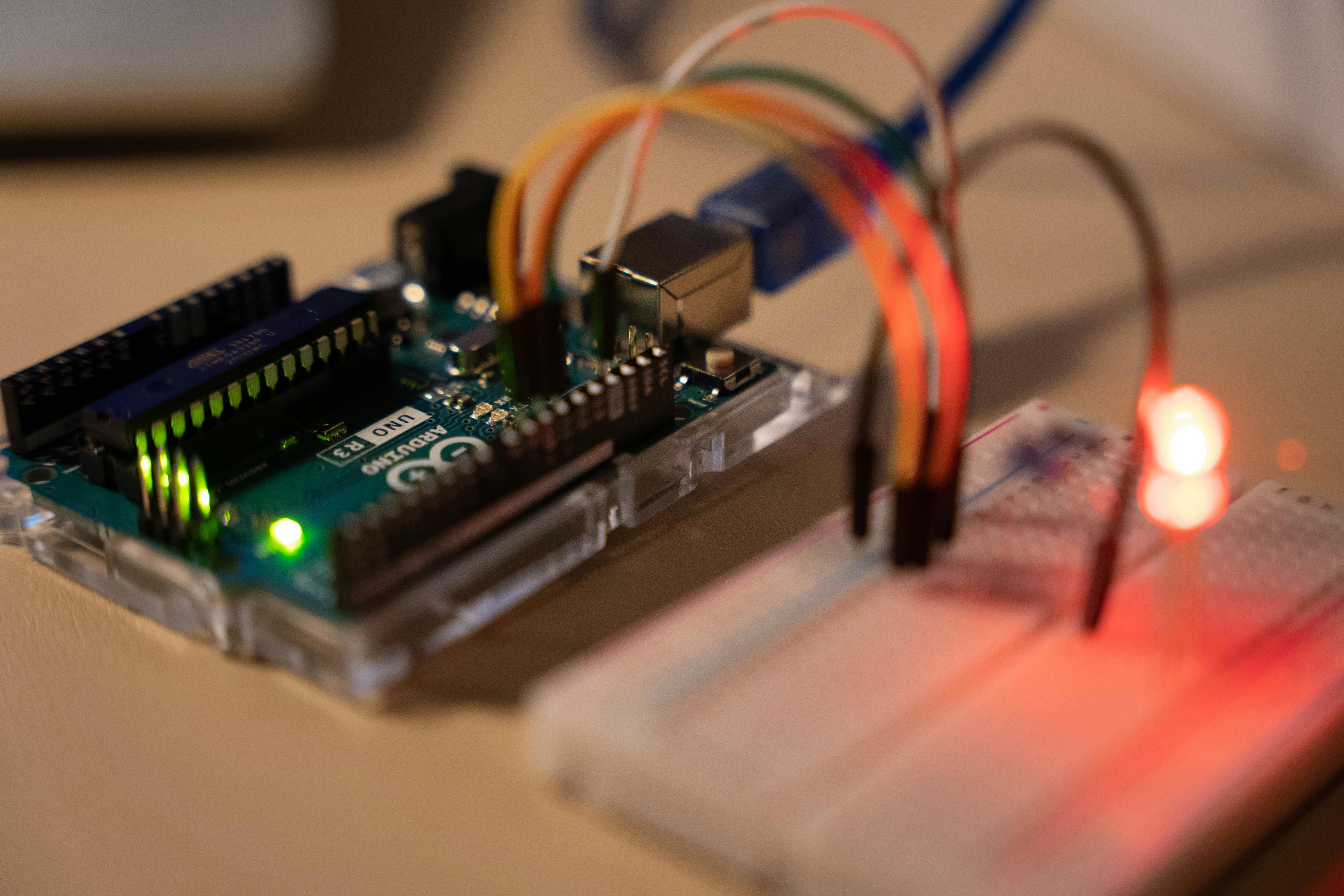
This image is property of images.pexels.com.
Effects of Neglecting Maintenance
Decreased Performance and Efficiency
One of the significant impacts of neglecting maintenance is decreased performance and efficiency. Over time, gear accumulates dirt, dust, and debris, affecting its functionality. For example, a clogged air filter in a car engine reduces fuel efficiency and horsepower. By neglecting simple maintenance tasks, we are allowing our gear to perform below its capabilities, resulting in wasted energy and decreased effectiveness.
Increased Risk of Failure or Breakdown
Neglected gear is prone to failures and breakdowns. Without routine inspections and maintenance, small issues that could have been easily addressed can escalate into major problems. For instance, ignoring a minor oil leak in your car can result in irreversible engine damage. Regular maintenance helps identify and fix issues before they become catastrophic, reducing the risk of sudden gear failure or breakdowns.
Higher Repair and Replacement Costs
Neglecting gear maintenance can be costly in the long run. When we fail to take care of our gear, minor issues compound and lead to significant damage. What could have been a simple fix, if addressed in time, can turn into an expensive repair or, in some cases, gear replacement. By investing a little time and effort into regular maintenance, we can avoid the financial burden of costly repairs or premature gear replacement.
Commonly Neglected Gear
Outdoor Equipment
Outdoor gear, such as tents, backpacks, and camping stoves, is often neglected when it comes to maintenance. After a long trip, it’s tempting to throw the gear in a storage closet and forget about it until the next adventure. However, failing to clean and properly store outdoor gear can lead to mold growth, rust, and deterioration. Regular cleaning, drying, and storage in a dry, well-ventilated area can significantly extend the lifespan of outdoor equipment.
Automobiles and Motorsports Gear
Our vehicles are easily some of the most neglected gear in our lives. From skipping routine oil changes to neglecting tire rotations, many of us unknowingly put our vehicles at risk. Failure to maintain our cars and their gear, such as brakes, transmission, and suspension, can result in diminished performance, decreased fuel efficiency, and even dangerous driving conditions. Regular maintenance, as recommended by the vehicle manufacturer, is key to keeping our automobiles safe and reliable.
Kitchen Appliances
Kitchen appliances often suffer from neglect due to busy schedules and lack of awareness of the importance of maintenance. Yet, failing to maintain appliances like refrigerators, dishwashers, and ovens can have serious consequences. Dust, grease, and food particles can accumulate, affecting performance and even causing malfunctions. Regular cleaning, inspection, and following manufacturer recommendations can ensure the longevity and safe operation of our kitchen appliances.
Electronics and Gadgets
In our increasingly digital world, electronics and gadgets are omnipresent. However, many of us overlook the necessary maintenance they require. Dust, dirt, and humidity can harm sensitive electronics, leading to performance issues and even permanent damage. Regular cleaning, proper storage, and avoiding exposure to extreme temperatures are crucial for preserving the functionality and lifespan of our electronic gear.
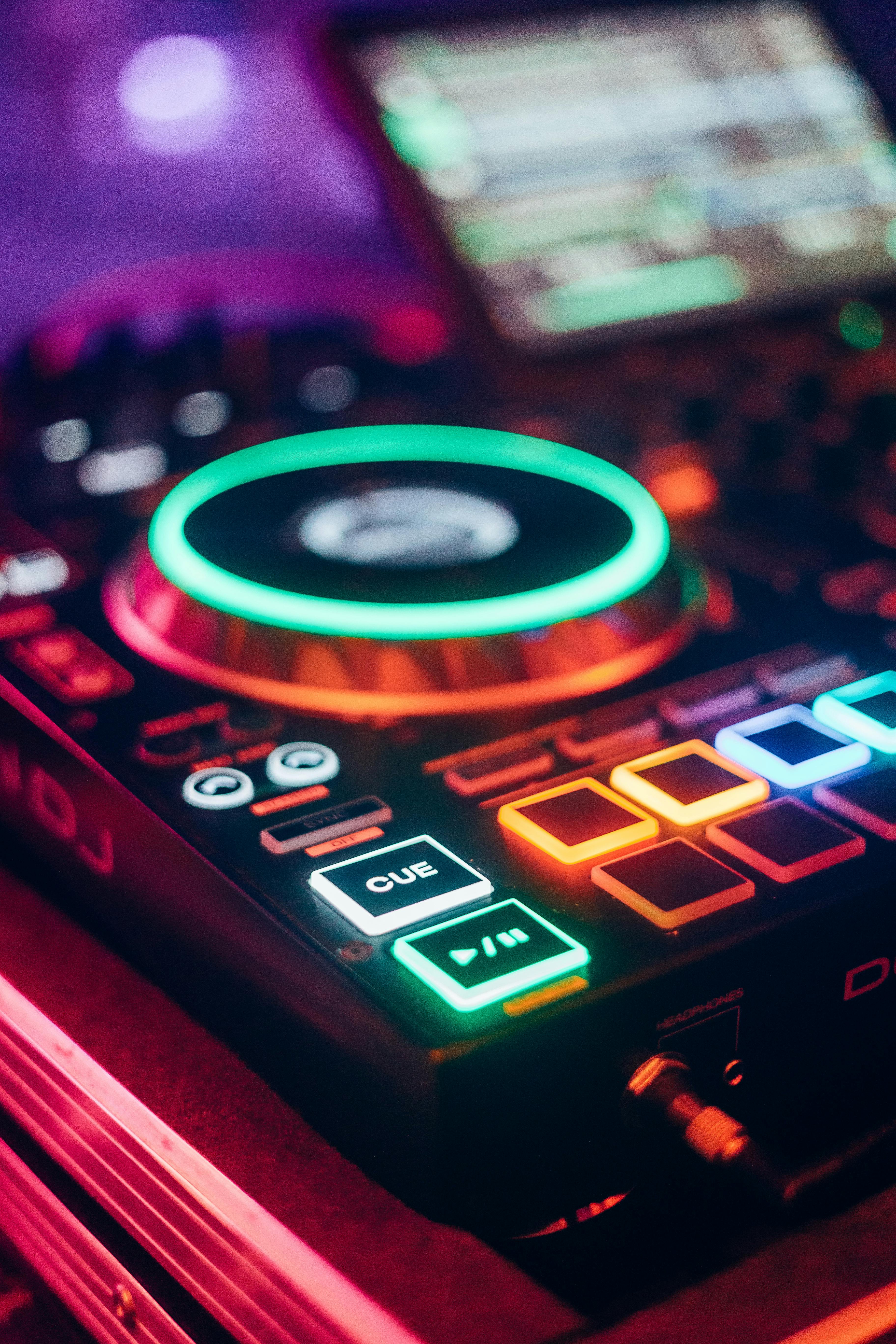
This image is property of images.pexels.com.
Costs of Neglecting Maintenance
Repair and Replacement Expenses
Neglecting gear maintenance often leads to costly repairs or replacement. Not only do neglected gear require major repairs due to lack of preventive maintenance, but they may also need to be replaced altogether. For example, a neglected bicycle may require a new chain, cassette, and derailleur, which can add up quickly. By investing in regular maintenance, we can avoid these hefty repair bills and extend the lifespan of our gear.
Compromised Safety
The cost of neglecting gear maintenance is not just financial but can also jeopardize our safety. Faulty gear, such as malfunctioning safety equipment or worn-out car brakes, can lead to accidents or severe injuries. By neglecting maintenance, we are taking unnecessary risks with our safety and the safety of those around us. Investing time and effort in proper gear care ensures that our gear functions as intended and keeps us safe in various settings.
Loss of Functionality or Resale Value
Neglected gear often loses its functionality or its resale value. When we fail to maintain our gear, it may deteriorate, malfunction, or become obsolete before its time. This not only hampers the intended use of the gear but also reduces its value if we plan to sell or upgrade it in the future. By properly maintaining our gear, we can ensure that it remains functional, reliable, and retains its value over time.
Essential Gear Maintenance Practices
To maintain our gear in optimal condition, there are some essential maintenance practices we should follow regularly. These practices include regular cleaning, proper storage and protection, and routine inspections and lubrication.
Regular Cleaning
Regular cleaning is a fundamental aspect of gear maintenance. Cleaning helps remove dirt, dust, and debris that can accumulate and hinder performance. Use appropriate cleaning techniques for each type of gear. For example, outdoor equipment may require gentle scrubbing and rinsing, while electronics need to be gently wiped with an anti-static cloth. Regular cleaning not only improves gear performance but also prevents corrosion and rust, thus extending its lifespan.
Proper Storage and Protection
Proper storage and protection are crucial for maintaining gear integrity. Storing gear in a suitable environment protects it from physical damage and extends its lifespan. For instance, outdoor gear should be stored in dry, well-ventilated spaces to prevent mold or rust. Avoid exposing gear to extreme temperatures or moisture, as these conditions can cause irreversible damage. Additionally, using protective cases or covers for sensitive electronic gear can shield them from accidental drops or spills.
Routine Inspections and Lubrication
Regular inspections and lubrication play a vital role in gear care. Inspection helps identify any signs of wear and tear, loose or damaged parts, and potential issues that may require immediate attention. Lubrication, on the other hand, ensures smooth operation and prevents excessive wear and friction. Using appropriate lubricants as recommended by the gear manufacturer can significantly prolong the lifespan and performance of our gear.
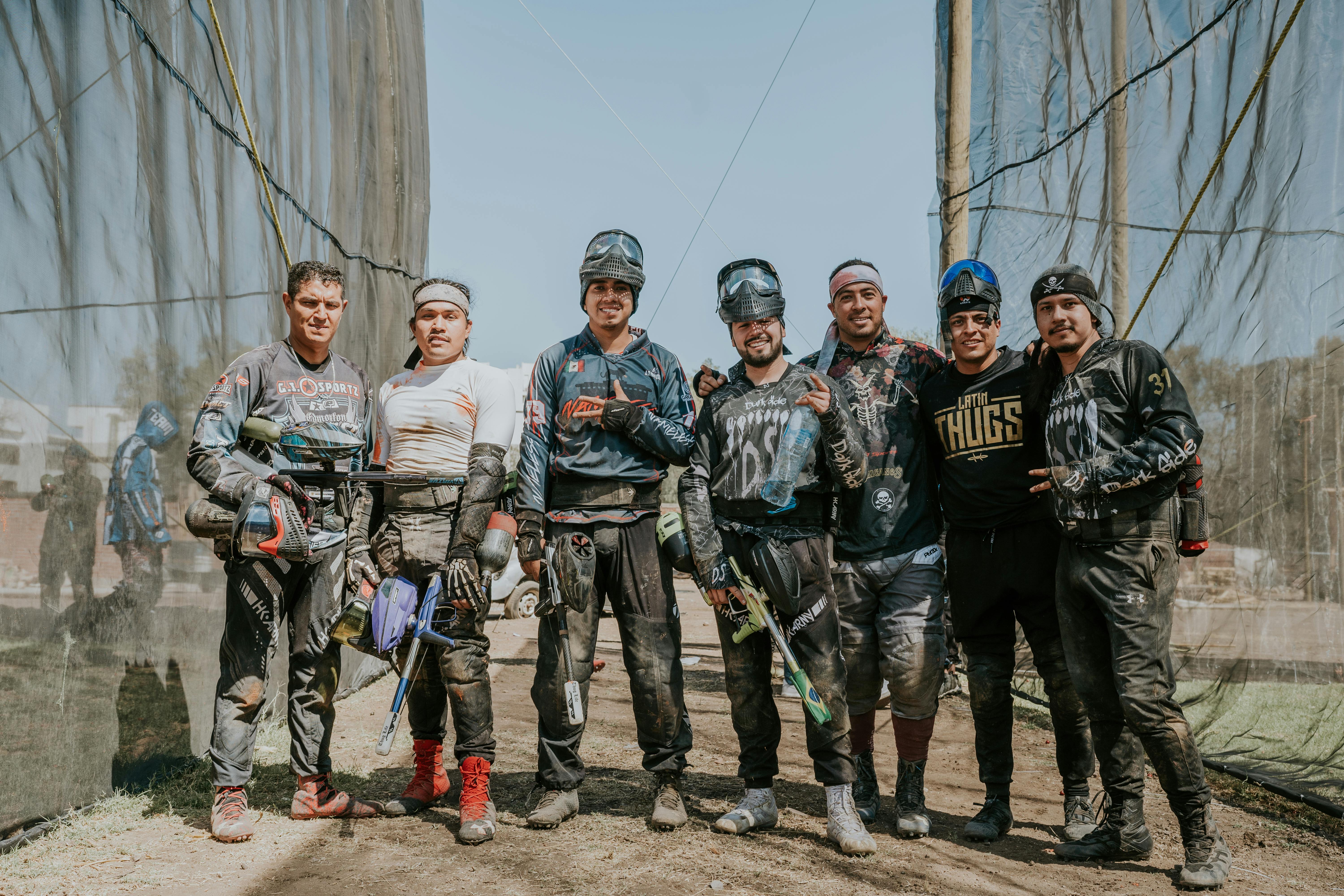
This image is property of images.pexels.com.
Importance of Regular Cleaning
Removing Dirt, Dust, and Debris
Regular cleaning is essential for removing dirt, dust, and debris that accumulate on our gear. These particles can hinder performance, clog mechanisms, and cause premature wear and tear. By cleaning our gear regularly, we can ensure that it operates smoothly and efficiently.
Preventing Corrosion and Rust
Cleaning gear, especially metal components, helps prevent corrosion and rust. Moisture and environmental factors can cause metal surfaces to corrode or rust over time, leading to compromised performance and potentially irreversible damage. Regular cleaning removes moisture and prevents the buildup of corrosive agents, protecting our gear from premature deterioration.
Maintaining Optimal Performance
Regular cleaning is vital for maintaining optimal gear performance. Accumulated dirt and debris can affect moving parts, electrical contacts, or filters, causing reduced efficiency and subpar performance. By keeping our gear clean, we ensure that it continues to perform at its best, providing us with the results we expect.
Proper Storage and Protection
Preserving Gear in Suitable Environment
Proper storage is crucial for preserving the integrity of our gear. Storing gear in a suitable environment ensures that it remains protected from external elements, such as moisture, extreme temperatures, or sunlight. For example, outdoor gear should be stored in a dry place to prevent mold growth, and electronics should be stored in areas with controlled humidity levels to prevent damage.
Preventing Impact and Physical Damage
Protecting gear from impact and physical damage is equally important. Gear can be fragile and susceptible to damage if not handled or stored properly. By using protective cases, padded bags, or covers, we can shield our gear from accidental drops, impact, or scratches, significantly prolonging its lifespan.
Avoiding Exposure to Moisture or Extreme Temperatures
Moisture and extreme temperatures can cause irreparable damage to our gear. Moisture can lead to corrosion, rust, or mold growth, while extreme temperatures can cause electronics to overheat or degrade. To protect our gear, it’s essential to store it in locations where it won’t be exposed to excessive humidity or temperature fluctuations, ensuring its longevity and functionality.
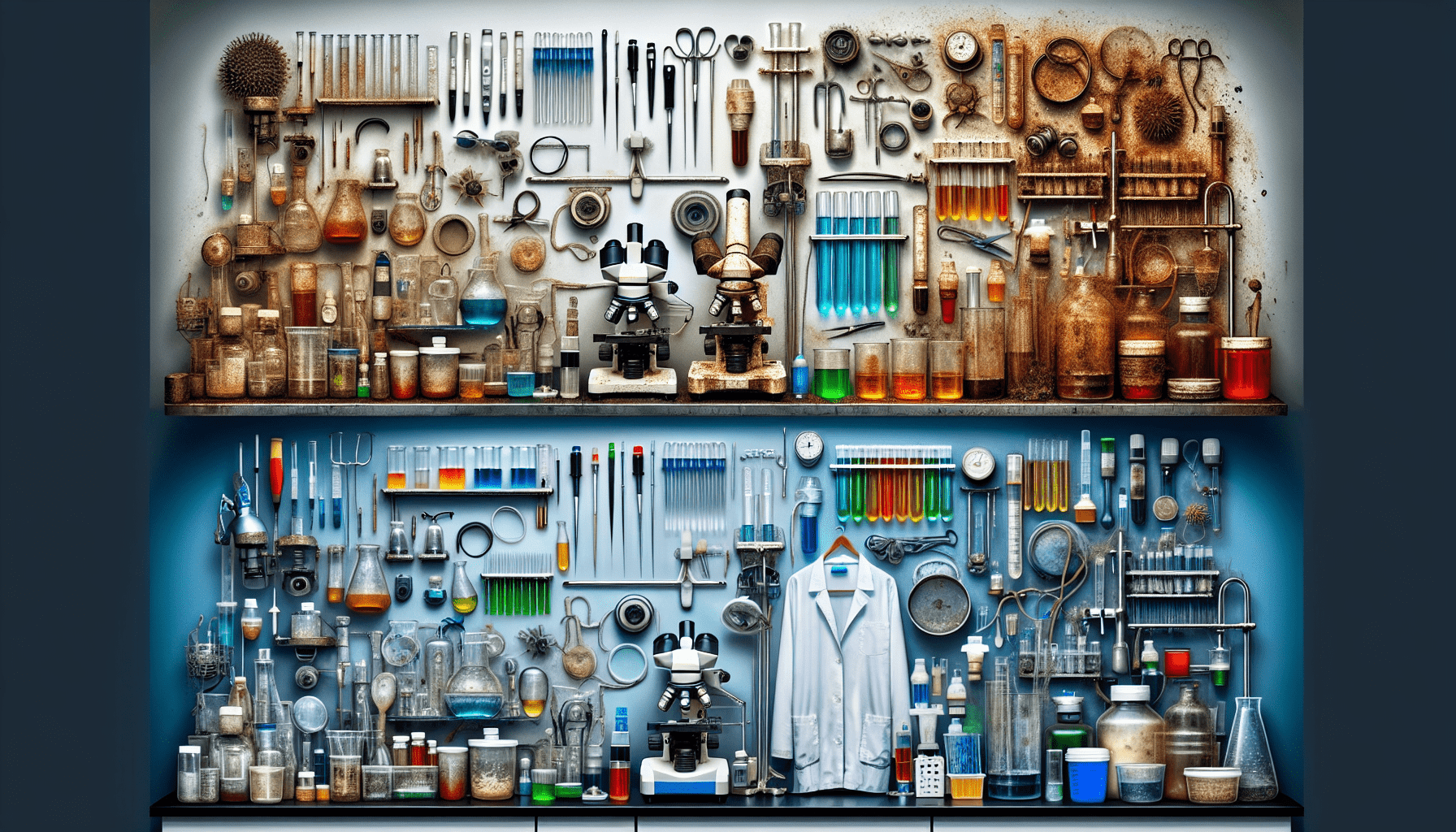
Routine Inspections and Lubrication
Identifying Wear and Tear
Routine inspections allow us to identify wear and tear, loose or damaged parts, and potential issues that may require attention. By regularly examining our gear, we can catch small problems early on and address them before they escalate into more significant and costly issues. Regular inspections are especially crucial for gear subjected to intense use, such as outdoor equipment or vehicles.
Checking for Loose or Damaged Parts
Checking for loose or damaged parts is essential to ensure proper functionality and safety. Loose screws, bolts, or connectors can compromise gear performance and, in some cases, pose safety hazards. By inspecting and tightening or replacing loose or damaged parts, we can maintain gear integrity and minimize the risk of failures or accidents.
Applying Appropriate Lubricants
Lubrication is necessary for gear with moving parts to work smoothly and efficiently. Applying appropriate lubricants, as recommended by the gear manufacturer, prevents excessive wear, reduces friction, and extends the lifespan of our gear. It’s essential to use the right type and amount of lubricant to avoid damage or malfunction.
Expert Tips for Gear Care
Here are some expert tips to ensure proper gear care:
Following Manufacturer Guidelines
Always follow the manufacturer’s guidelines and recommendations for gear maintenance. Manufacturers understand their products best and provide specific instructions to ensure optimal care and performance. By adhering to their guidelines, we can avoid potential issues and achieve the greatest value and longevity from our gear.
Establishing a Maintenance Schedule
Establish a maintenance schedule for each gear item you own. Creating a routine for regular inspections, cleanings, and lubrications ensures that gear maintenance becomes a habit. By setting reminders or scheduling maintenance tasks, we make it easier to stay on top of our gear care responsibilities.
Seeking Professional Assistance
For complex or specialized gear, seeking professional assistance is often the best choice. Professional technicians have the knowledge, experience, and tools required to properly maintain and repair gear. When in doubt or when dealing with intricate gear, don’t hesitate to consult or hire a professional to ensure the best outcomes.
In conclusion, understanding the importance of gear care is crucial for maintaining the longevity, performance, and safety of our gear. Neglecting maintenance can have significant negative effects, ranging from decreased performance and increased risk of failure to higher repair and replacement costs. By regularly cleaning, properly storing, and conducting routine inspections and lubrication, we can ensure that our gear operates at its best while extending its lifespan. Remember to follow manufacturer guidelines, establish a maintenance schedule, and seek professional assistance when needed. By investing in gear maintenance, we are investing in the reliability, functionality, and value of our gear.
